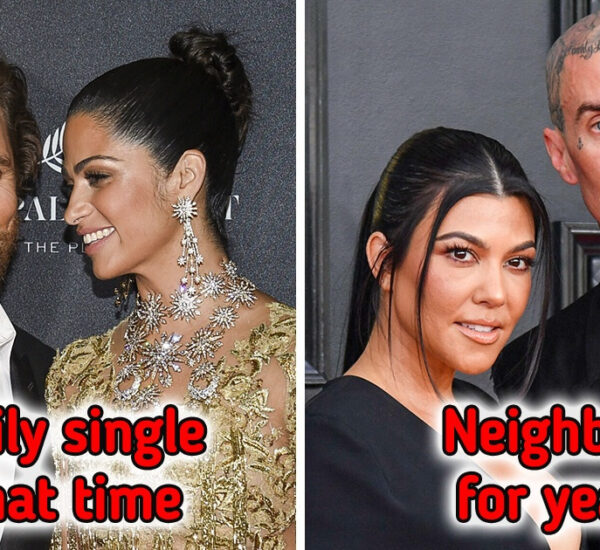The concept of “respect your elders” comes from a time when the most successful life experiences of the older generations were followed by the younger ones. Since the beginning of time, parents have repeated this phrase so that their children behave well. In some countries, this respect for older people is dictated by law.
We’ve done our own little research on the potential pitfalls behind this simple phrase, and we’d love to share our unexpected revelations with you.
The Notion Encourages The Imitation Of Respect
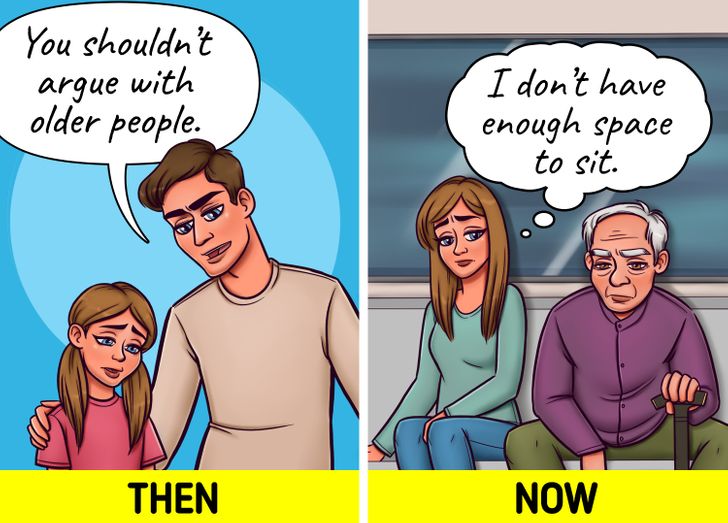
To teach your child to treat others with dignity, you also need to treat them the same way, psychologists say. When parents insist that their children should automatically respect them without setting the right example, it can lead to the child being bullied.
They will act with respect because they do not doubt the opinion of their parents: “If the mother said it, it is true.” Later, when they grow up, they will not be able to analyze other people’s behavior or decide whether or not they deserve their personal respect.
It Causes Children To Ignore Danger
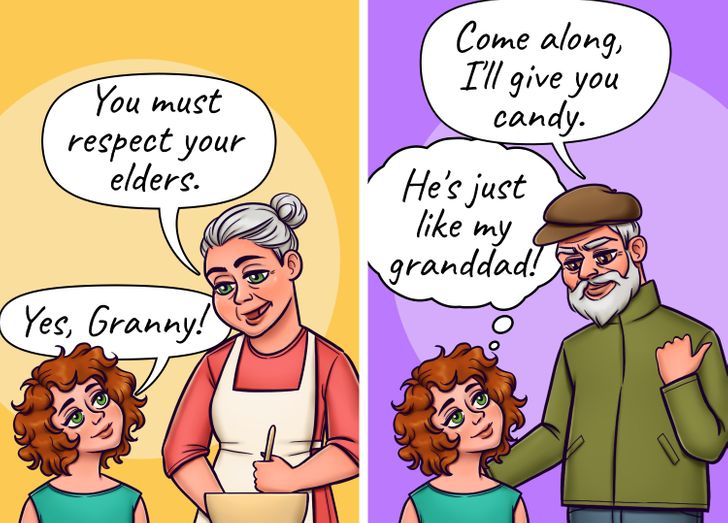
The belief that you should “respect your elders” can lead children to ignore the “no talking to strangers” rule. The age difference between us and our elders is still present today, so we enter adulthood with these learned behaviors.
As adults, we are also less inclined to question our elders than when it really matters. It is our right and it is important for everyone to question what someone tells us, even if they are older than us.
It Forces Younger Generations To Follow Old-school Behaviors
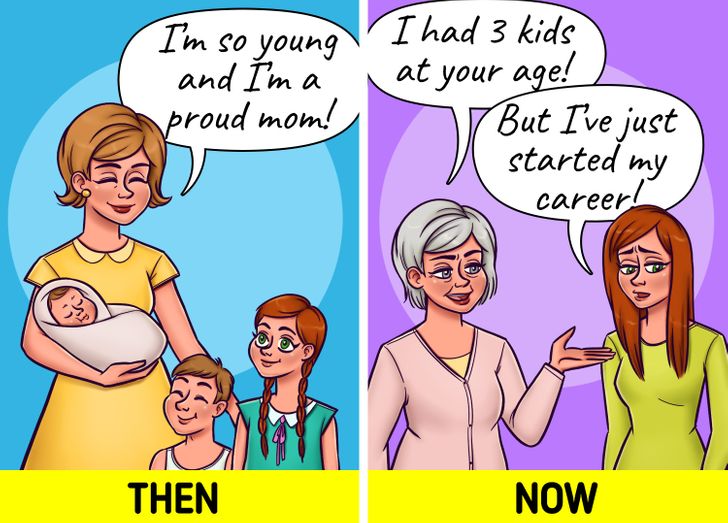
While there is a connection between age and the experience that comes with learning and growing from a person’s mistakes, this knowledge is situational. One person’s life lessons shape the advice they share with others.
Lessons and tips show that our elders want to motivate the young to grow. However, lawsuits are often aimed at embarrassing the young and can force older generations to behave the old way.
It May Give Them False Priorities
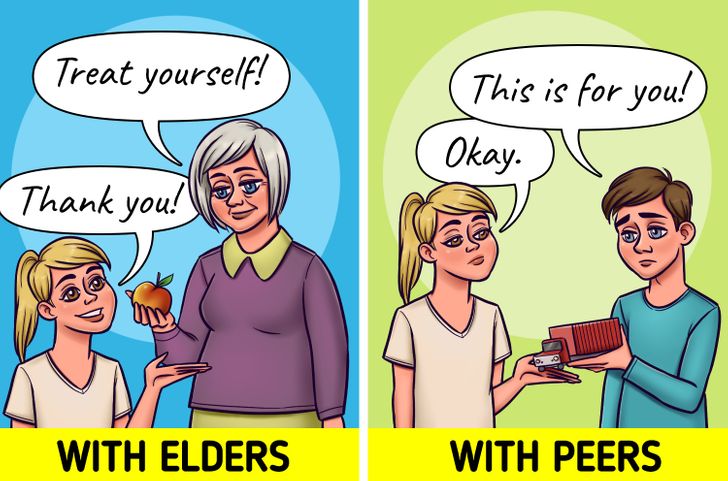
All people deserve love and be treated with dignity. We may want to teach children what they deserve respect and what they don’t. Psychologists advise looking from below, not from above, to understand who should get your respect.
A person who helps us or improves our lives should be respected, and not necessarily because of their age.
Demanding Respect Diminishes The Kid’s Dignity
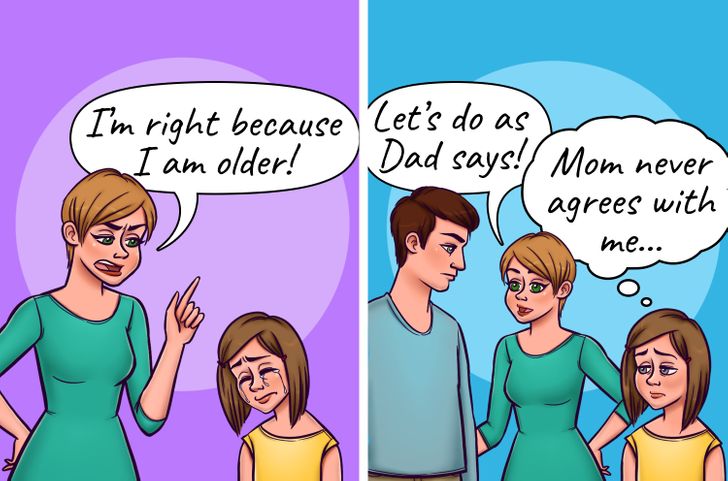
If we demand respect from children by default, that means we want to be superior to them and lower their own worth.
One mother, on her blog, expressed the idea that she would never demand respect by default and allow herself that superior tone with her husband or a friend, but tended to demand respect from her son.
She realized that respect is not a hierarchy, and there is not a single human being who deserves to be respected more than others.
What was the attitude towards respect for the elders of your family? How do you teach your children to respect you and their elders?


